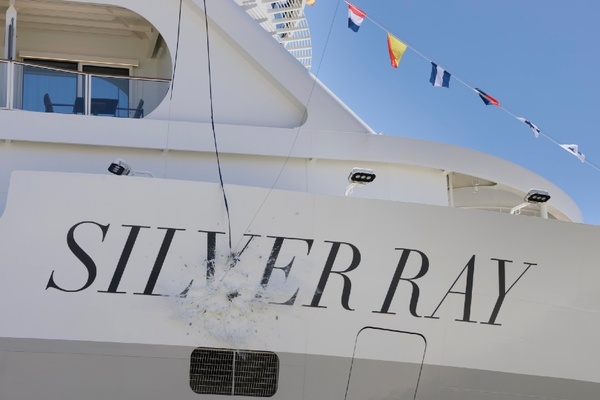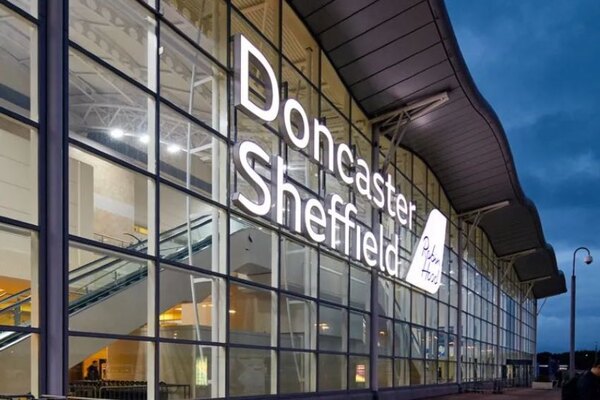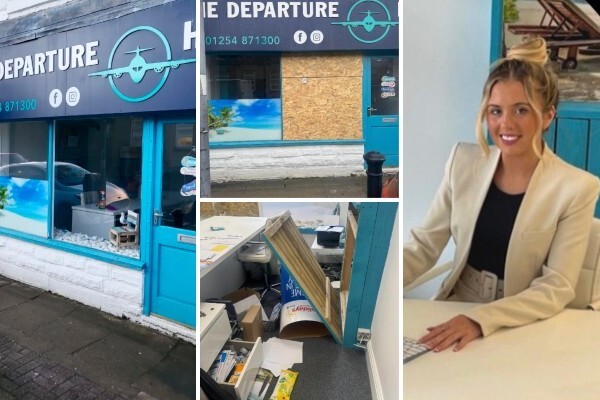New Silversea boss weighs up major deployment changes
The christening of Silversea’s second Nova class ship in Lisbon was the first time the company’s new president, Bert Hernandez, had the chance to discuss his vision for the future with senior members of the trade.
Hernandez, who replaced Barbara Muckermann when he was appointed in April said the strategic direction of the brand is “paramount” for him.
“Already I’m bringing a lot of resources to several platforms across the guest experience. Our brand position keeps us motivated. I don’t take the competition for granted,” he told agents onboard Silver Ray during the naming.
Hernandez was also quick to address rumours around the line’s move to remove ships from the fleet. “No ship is leaving, despite speculation on various social media channels. We are looking at the option to regionalise our ship deployment in the future. We can move our assets, which gives us the flexibility to reduce unnecessary global redeployment.”
On recent alterations to routings and future deployment, he added: “We must make some itinerary changes because of logistic constraints. Naturally, the risk profile of the Red Sea and Suez Canal must be factored into the deployment equation.”
Edwina Lonsdale, managing director of Mundy Cruising, said she was interested to hear Silversea’s new president talk about basing ships regionally, to cut down on ‘dead-heading’ from area to area.
“One of the most appealing characteristics of historic Silversea itinerary planning has been the option of buying simply a seven-night cruise, or combining a series of such cruises without repetition of ports,” she said. “The outcome of regionalisation should mean more creative itinerary planning, with a mix of marquee ports and hidden gems, and the enhancement of shoreside experiences as the cruise line increases its contacts and expertise in specific areas.”
Peter Shanks, managing director, UK, Ireland, Middle East and Africa for Silversea, added: “With 12 ships, we can now consider basing vessels in specific geographical locations. This would allow us to be more efficient because of less repositioning. It also helps agents know which precise regions feature respective ships. With specific geographic deployment, we can cover the world more efficiently.”
Doubling down on this new class of ship, Silver Ray, like Silver Nova, has a groundbreaking asymmetrical design with 4,000 square metres of exterior glass, offering an openness to the sea.
The novel design concept of Nova-class ships has also resulted in the open decks oriented toward the ocean and nowhere is this more evident than the 130 sq. m. horseshoe-shaped swimming pool area on the starboard side of the ship, which is much larger than on earlier Silversea ships.
Public rooms on decks three, four, five, 10 and 11 are notable for their higher than usual ceiling heights, then spanning the entire length of decks six to nine, the suites all have verandas. Because of the horizontal design layout, Silversea now offers larger suites with an aft view and of the 13 suite categories, seven are new to Silver Nova and Silver Ray. These two ships also have an impressive space-to-guest ratio of 75 GRT-per-passenger, which is amongst the highest in the cruise industry.
With hybrid power sources, the Nova class ships are two of the most energy-efficient ultra-luxury cruise ships ever built.
The dual fuel engines use environmentally friendly liquefied natural gas (LNG) as the principal fuel source. There is also a fuel cell system and battery technology, all of which marks an important milestone towards parent company Royal Caribbean Group’s goal of net zero emissions.
Sign up for weekday travel news and analysis straight to your inbox

Gary Buchanan
Supplier Directory
Find contacts for 260+ travel suppliers. Type name, company or destination.













